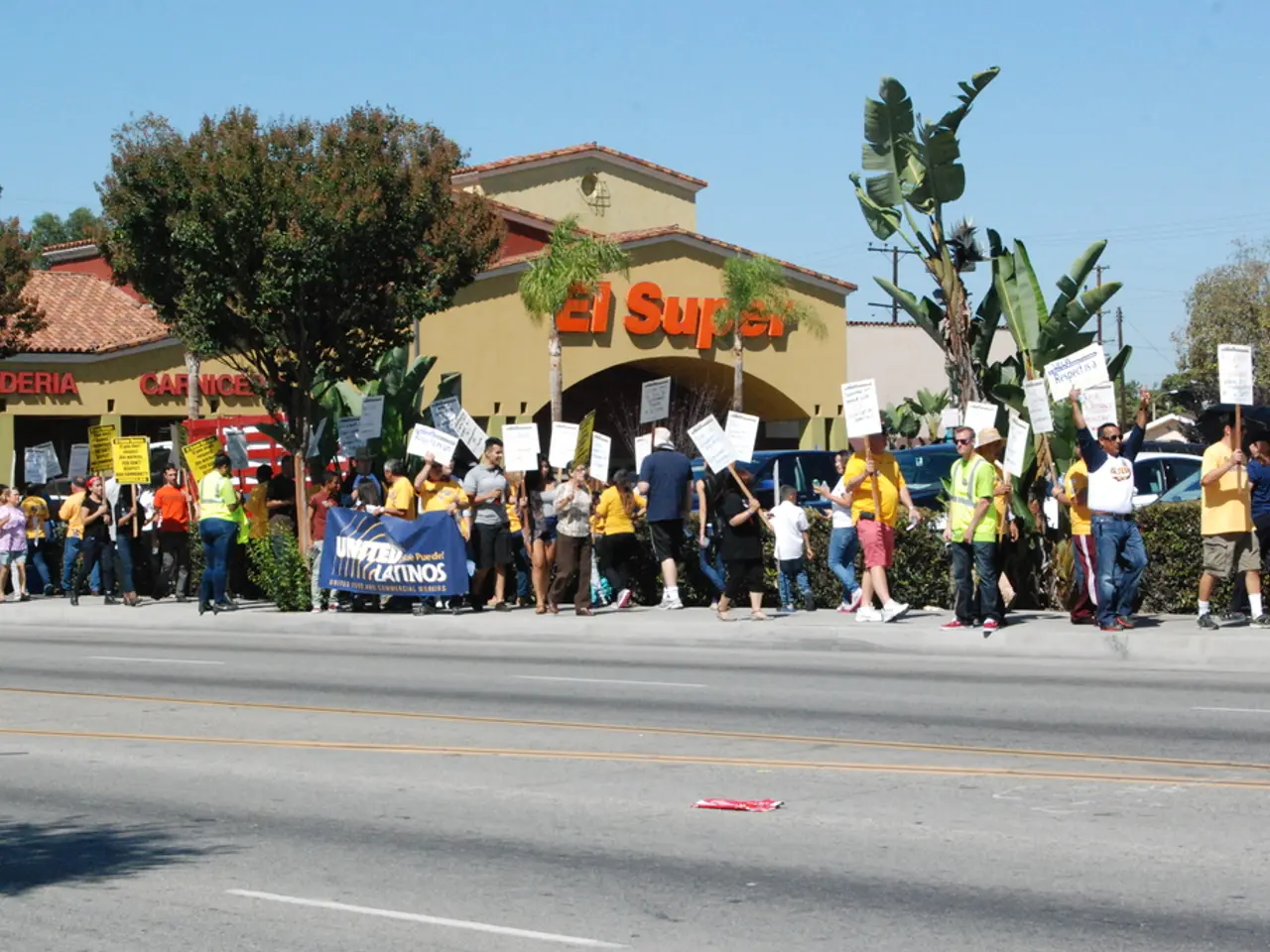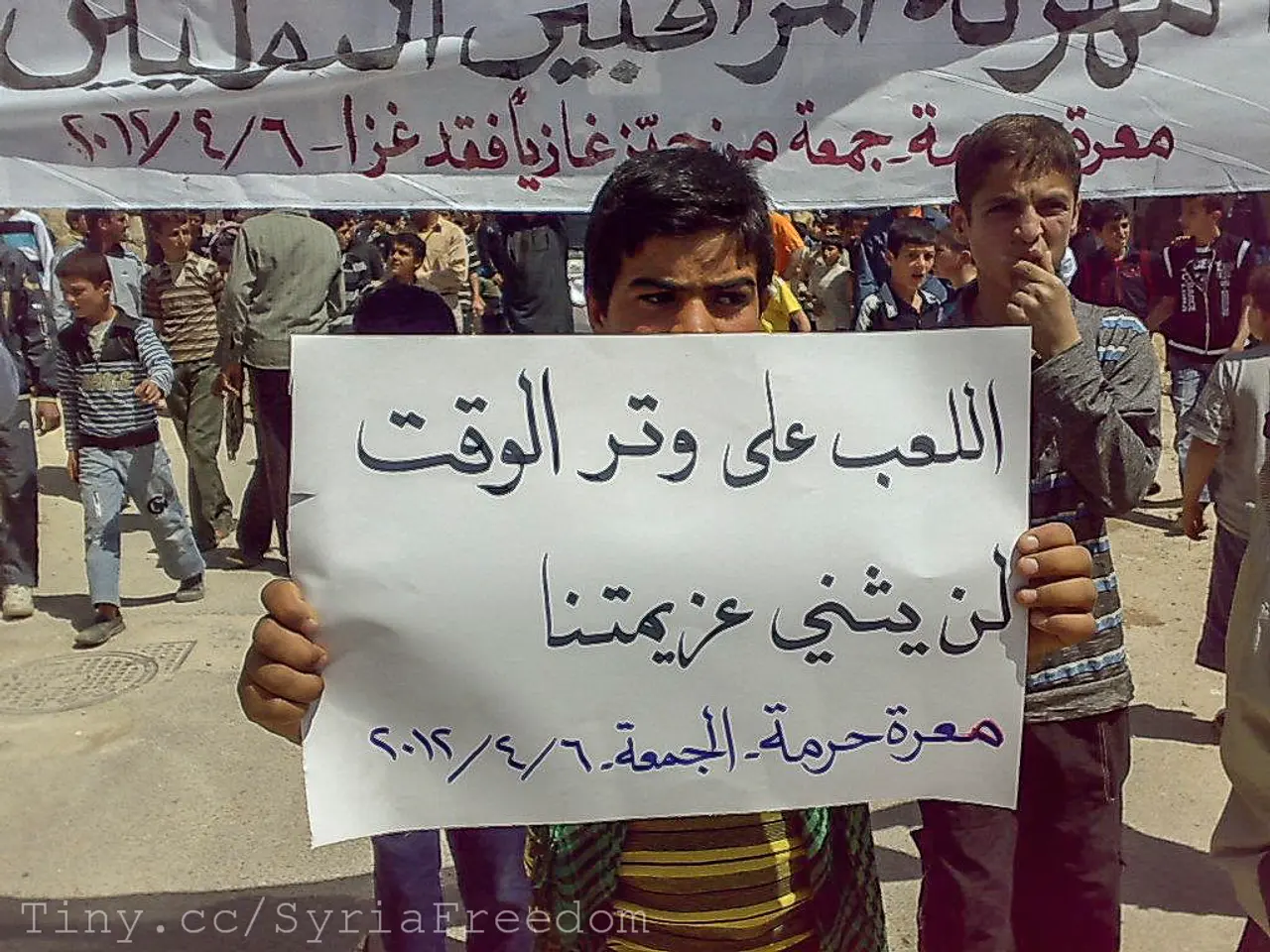Trump's tariffs set to take effect Starting this Friday
The deadline for countries without new trade agreements with the U.S. is fast approaching, and many are still in negotiations to avoid the reimposition of tariffs.
Since President Trump's "Liberation Day" announcement on April 2, 2025, he imposed broad new tariffs on about sixty countries or trading blocs, then paused these tariffs temporarily starting April 9, 2025, to negotiate new reciprocal trade deals. However, as the initial 90-day pause expired in early July, many countries had not finalized new tariff agreements with the U.S. by the approaching August 1 deadline.
The administration’s approach included imposing tariffs based on "reciprocity" reflecting foreign tariff rates but ultimately abandoning this approach and imposing higher U.S. tariffs than those abroad. The tariff uncertainty has persisted, with extensions and delays in tariff increases past initial deadlines.
The U.S. is set to impose new tariff rates on trading partners on Friday, but a federal appeals court could potentially block these tariffs from taking effect.
As of late July 2025, most major U.S. trade partners worldwide, including members of BRICS (Brazil, Russia, India, China, South Africa), Canada, Mexico, and the European Union, are still subject to these sweeping tariff policies. The exact list of countries without new agreements is not fully detailed in the sources, but it includes Japan, South Korea, India, the Philippines, and Vietnam.
Brazil will have a new tariff rate of 50%, with exceptions on approximately 40% of products, up from 10%. In contrast, the U.K. has negotiated a new tariff rate of 10% on most goods, including up to 100,000 imported cars, down from Trump's 25% threat. The European Union's new tariff rate is 15%, down from 30%.
The White House Press Secretary, Karoline Leavitt, stated that countries without deals in place will hear from the administration by the midnight deadline tonight. It is expected that Trump will sign executive orders on Thursday to set new tariff rates for countries that have not reached new agreements with the U.S.
Thailand, Cambodia, and Pakistan have reached new trade deals with the U.S., but the rates have not been publicly disclosed. Indonesia has negotiated a new tariff rate of 19%, down from 32%.
As the deadline approaches, the global trade landscape remains uncertain, with many countries scrambling to finalize new agreements with the U.S. to avoid the reimposition of tariffs and the potential economic impact they could have on their economies.
- As the deadline for countries to finalize new trade agreements with the U.S. approaches, politics surrounding policy-and-legislation related to tariffs and trade have become a focus of general news.
- The uncertainty in global trade as a result of the U.S.'s tariff policies, with many countries still in negotiations to avoid the reimposition of tariffs, illustrates the intricate nature of policy-and-legislation in the realm of international politics.







